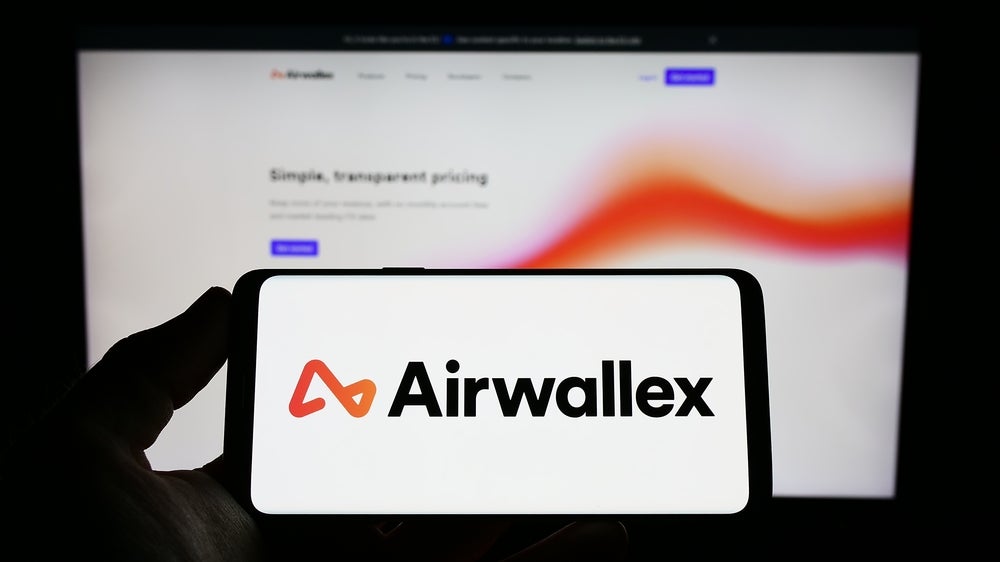New European regulations will undermine the progress the payments industry has made towards convenient online payments and consumers are not going to like it one iota. The rules come in under the new European Payment Services Directive, brought about by the European Banking Authority (EBA). Sam Murrant, consumer payments senior analyst at Verdict Financial, writes
New authentication rules under PSD2 will sacrifice convenience in favour of security and the proposals threaten to severely limit fast checkout services, and indeed all online payment services that use dynamic or risk-based authentication.
If the proposals are entered into EU law unamended, they will seriously undermine growth and innovation in European online commerce. The proposals require online payments over €10 ($10.41) to undergo additional authentication steps such as entering passwords or one-time codes, or even using physical card readers.
The average online transaction value in EU markets in 2015 was just under €20, according to Verdict Financial’s online consumer payments analytics, meaning these new rules stand to affect the majority of online payments in the markets concerned.
Given that fast checkout services such as Amazon’s One-Click and PayPal’s One Touch have only recently come into play and proven to be extremely popular among consumers as well as boosting sales for merchants, the move seems very much one step forward, two steps back.
Adding steps to the online checkout process greatly increases the chance of customers abandoning their purchase entirely. Consumers will not be the only ones put out either: Visa has already spoken out against the proposals, as a result of which the EBA stated that it may consider changing the transaction value threshold for SCA.
How well do you really know your competitors?
Access the most comprehensive Company Profiles on the market, powered by GlobalData. Save hours of research. Gain competitive edge.

Thank you!
Your download email will arrive shortly
Not ready to buy yet? Download a free sample
We are confident about the unique quality of our Company Profiles. However, we want you to make the most beneficial decision for your business, so we offer a free sample that you can download by submitting the below form
By GlobalDataIt has not, however, stated whether it will consider changing the nature of authentication required from manual data-entry challenges to something less obtrusive. The UK in particular is therefore likely to be strongly affected by these new rules – assuming they continue to apply in the future – because it has the single-highest average household spend online of any market, with the average UK household spending $5,900 online in 2015 according to Verdict Financial’s online consumer payments analytics, or 9% of the average household consumption expenditure for that year.
After China and the US, the UK, Germany and France are the largest online commerce markets by value of transactions globally. Convenience and security have always been opposing forces in online consumer payments, but from a consumer perspective convenience is generally the priority.
Security is considered important by consumers, but not at the expense of convenient online purchasing. Security is generally the third-most-important reason consumers select their payment tools.






